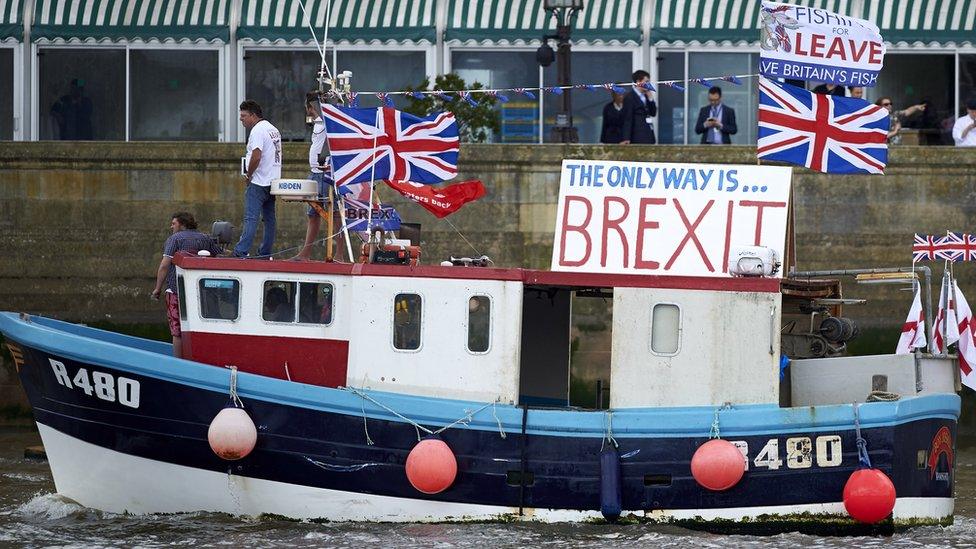Scared by Brexit, Europe asks what next
- Published
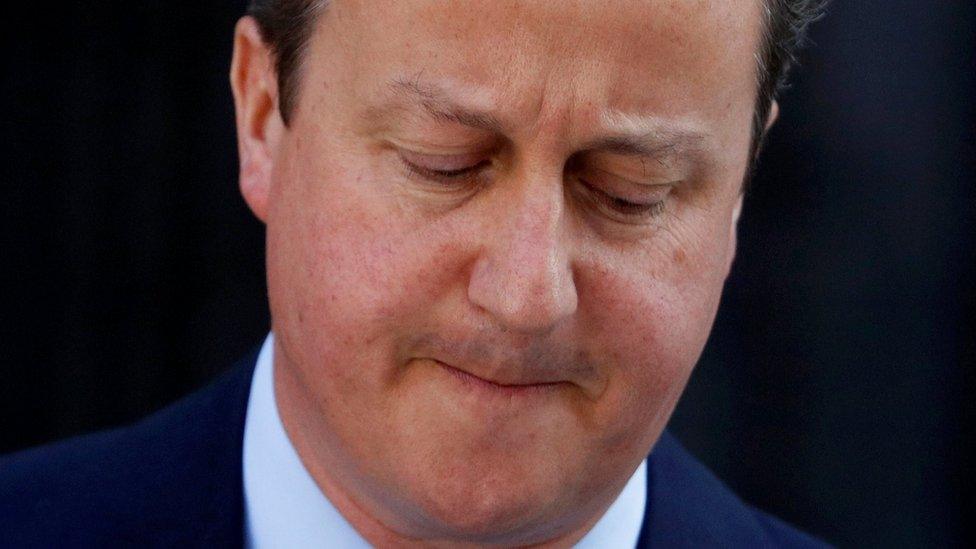
David Cameron will have an awkward time at next week's summit of EU leaders
In all the years I've covered European politics, I've never seen this continent so Eurosceptic or the future of the European Union so uncertain.
Talk in Europe today moved swiftly from Brexit to possible Frexit (France voting to leave the EU), Swexit (that's Sweden) and more.
Leaders of Europe's increasingly influential Eurosceptic parties queued up today to crow over the British vote and make political capital out of it.
"It's now a reality for everyone. It is possible to leave the EU," proclaimed Marine Le Pen of France's National Front (FN), a leading contender in next year's presidential election.
The mood in Brussels is resentful and despondent, while governments across Europe are scared.
They feel the heat from angry electorates who share many of the criticisms of the EU highlighted during the UK's referendum campaign.
That's why you've been hearing the words "EU" and "reform" of late from the nervous mouths of some you'd least expect, such as Germany's Angela Merkel and Donald Tusk, the Brussels-based President of the European Council.
Because they're so worried, the EU is preparing to get tough with Britain over the terms and timing of a new trade relationship.
This is not about punishment - well, not much.
It's more a desire for the process to be painful to put others off exiting, while Europe's leadership tries to re-group and, perhaps, reform.
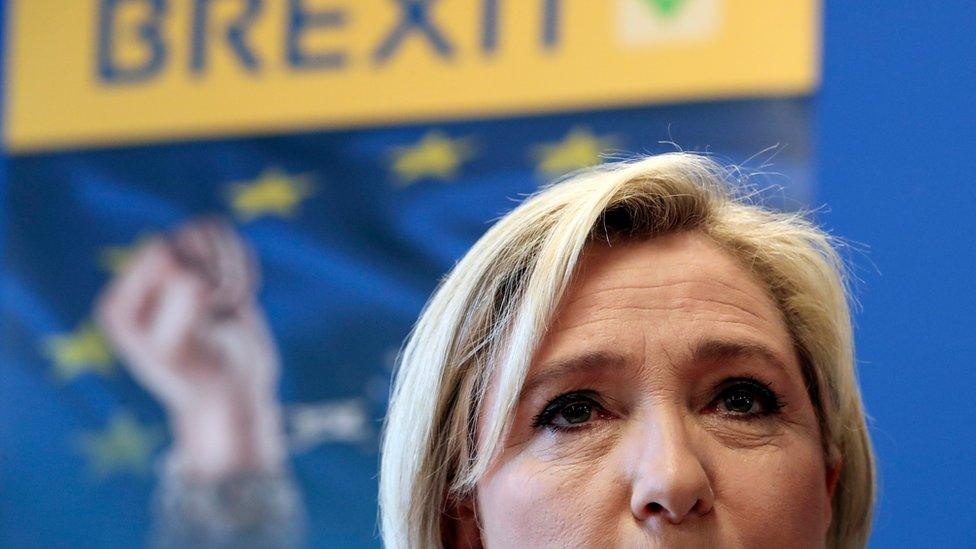
Marine Le Pen reacted to the British vote saying "Victory for freedom!"
But there are divisions here too that threaten to drive the EU even further apart.
France rather relishes the idea of making an example of Britain.
And Paris will flex its muscles far more now that the UK has voted itself out of having a voice at the EU table.
But the countries of Central and Eastern Europe aren't keen to alienate the UK.
They rely on Britain to support them in maintaining tough sanctions against Russia. And Poland in particular also worries about its 800,000 citizens living in the UK.
Germany is somewhere inbetween.
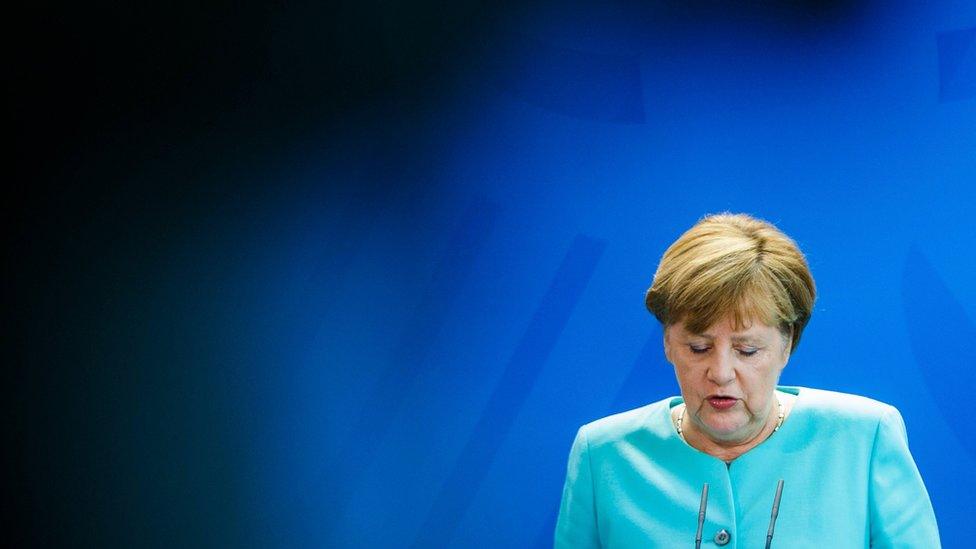
Mrs Merkel expressed "great regret" at the British decision
Mrs Merkel urged fellow EU leaders not to rush to conclusions about the Brexit vote as that "would only divide Europe more".
She is a devoted European but she doesn't relish the idea of a resurgent France.
She'll miss the UK's competitive approach to the single market, its loathing of EU protectionism and the British sense of humour she's said to be so fond of.
Of course, until the UK formally notifies EU leaders of the intent to leave (which, to their irritation, could take months) everything stays the same.
In theory.
But next week's summit of EU leaders will be a very awkward one for David Cameron.
Nothing has changed on paper yet in Brussels. But the EU has been turned upside down.
- Published19 June 2016
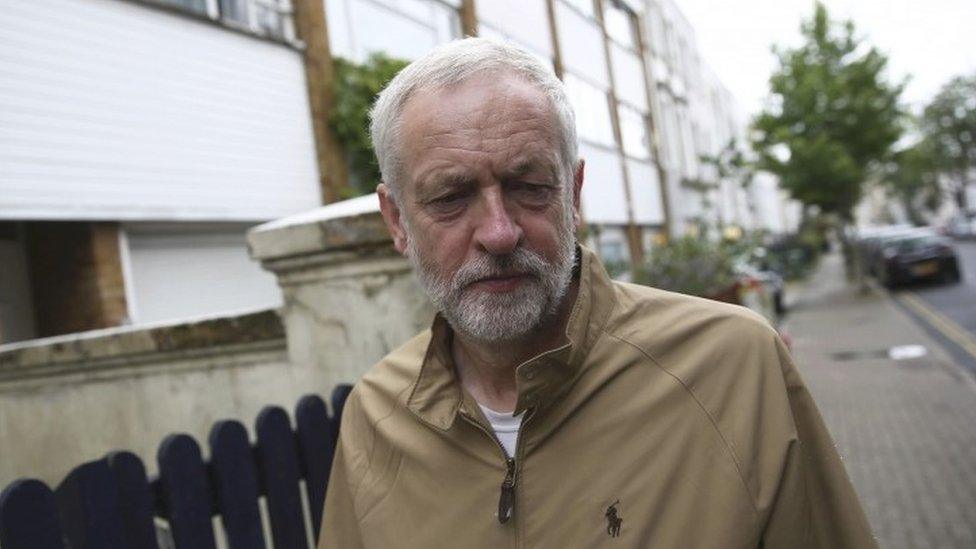
- Published24 June 2016
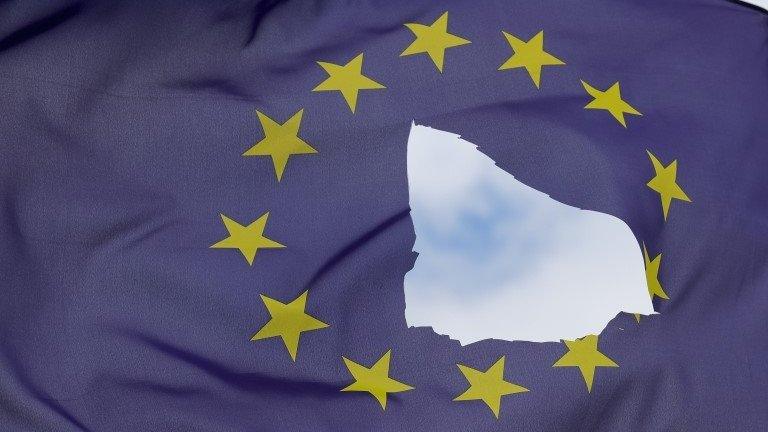
- Published24 June 2016
- Published24 June 2016
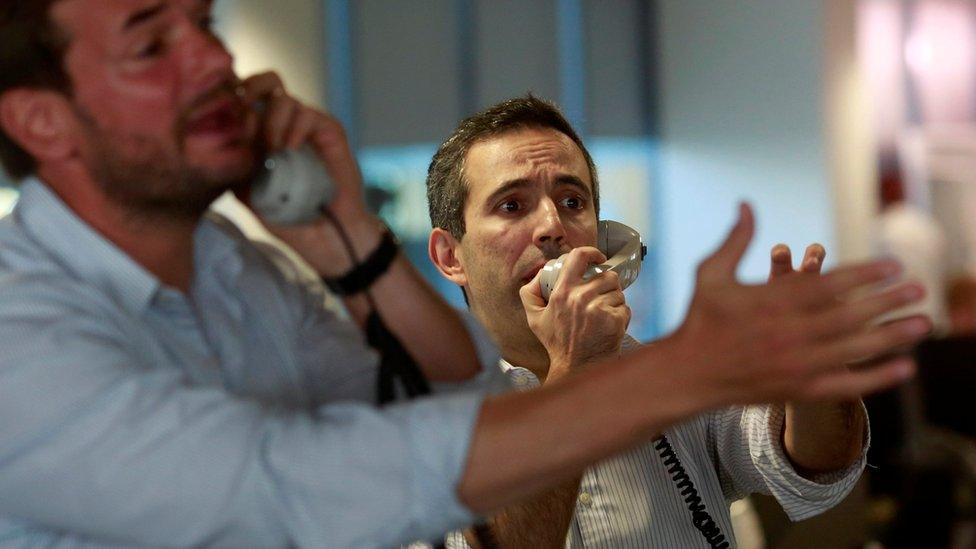
- Published24 June 2016
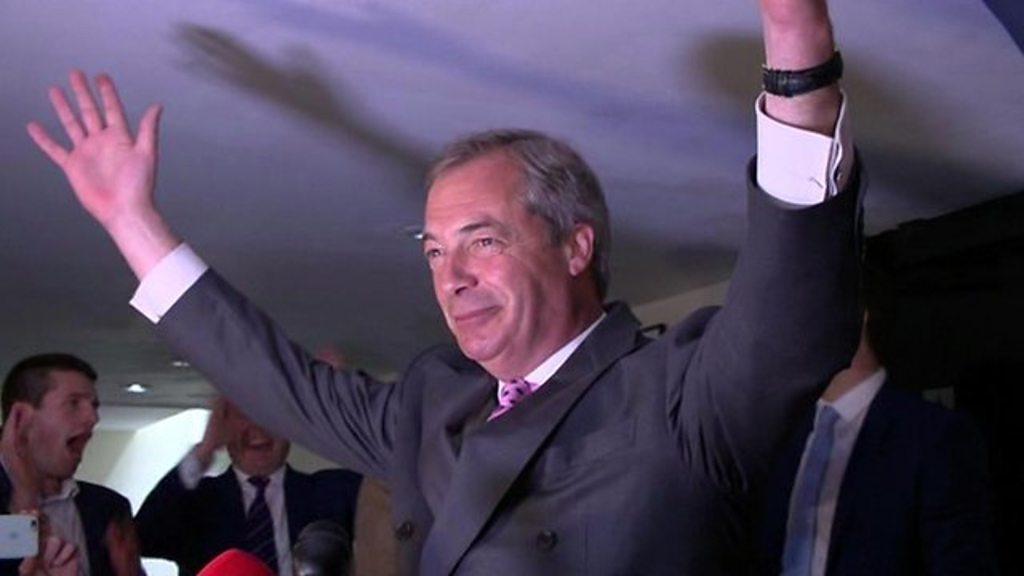
- Published29 June 2016
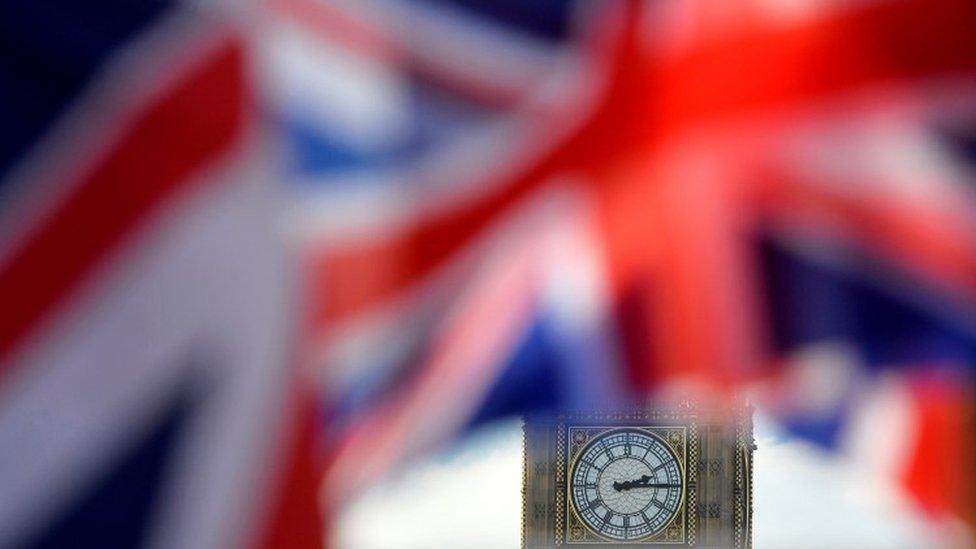
- Published24 June 2016
